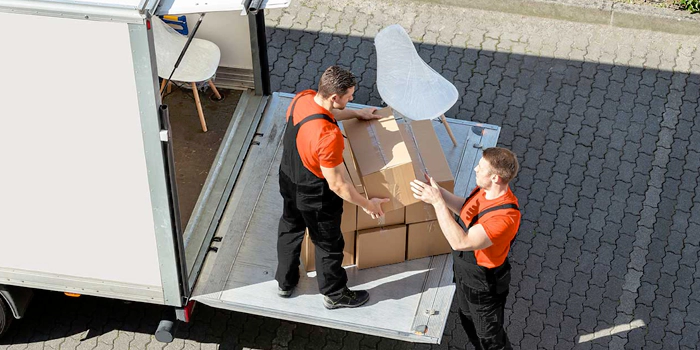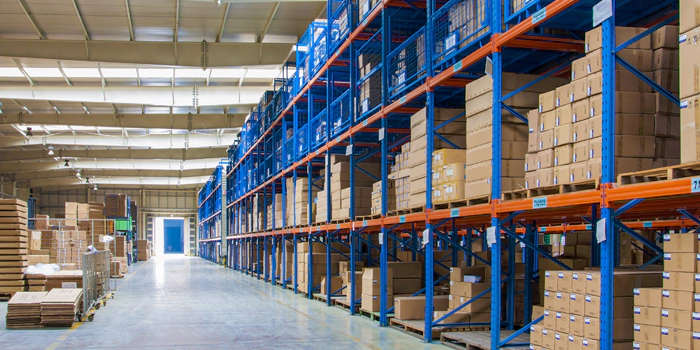
So, you’ve decided to make moving to Melbourne your next big step? You’re not alone—and for good reason. Melbourne isn’t just a city; it’s a vibrant lifestyle. Renowned for its cafes, live music, sporting events, and strong sense of community, this capital city of Victoria offers amazing places and employment opportunities that draw people from across Australia and the world.
If you’re relocating to Melbourne, it helps to understand the city’s lifestyle beyond the postcard views. Let’s walk through what to expect when living in one of the world’s most liveable cities.
First Impressions: Why People Flock to Melbourne

When you first arrive, Melbourne’s energy is unmistakable. There’s something happening on every corner—from festivals and food markets to sporting events and art exhibitions. The multicultural fabric of the city makes it feel open and welcoming, while its strong coffee and street art culture immediately signal that you’re somewhere creative and alive.
Melbourne’s culture thrives on inclusivity. With over 140 nationalities represented, cultural events and public festivals are embedded in everyday life, whether you’re walking through the Melbourne CBD or attending the Melbourne International Comedy Festival.
Budgeting Reality: What It Really Costs to Live Here

Melbourne is a city that rewards lifestyle—but it asks for careful budgeting in return. Many newcomers are surprised by how fast expenses add up, especially in the CBD. Whether you’re moving solo or with family, understanding the cost of living in Melbourne is key to planning long-term.
Start with the essentials:
- CBD rent: ~$2,200/month
- Groceries: $100–$150/week
- Myki transport pass: $200/month
- Utilities & Internet: $150–$220/month
From upscale restaurants to hidden local cafes, Melbourne offers a range of options—but it’s easy to overspend without a plan.
Finding Your Pocket of the City
Each suburb in Melbourne offers its own mini-culture. As you research, you’ll notice a wide range—from bohemian enclaves to quiet family areas and beachside communities.
If you’re working in the city and want a lively lifestyle, suburbs like Fitzroy, Carlton, and Southbank might suit you. For families, areas like Glen Waverley and Doncaster offer schools and space. Students often find a home in Parkville or Hawthorn thanks to proximity to Monash University and the University of Melbourne.
Understanding suburb personalities helps you narrow down not just where you can afford to live—but where you’ll actually thrive.
From Temporary Stay to Long-Term Home
Your first few weeks may involve temporary accommodation. Booking an Airbnb or serviced apartment gives you time to explore and apply for rentals.
To secure long-term accommodation, you’ll need:
- ID and proof of income
- Rental references
- An Australian phone number and Australian address
Inspections often happen quickly, and competition is strong. It’s common to attend several before getting approved. If you’re new to the city, the experience of settling into a new home can feel disjointed and overwhelming—almost like solving a puzzle. Understanding how to prepare, what to expect, and how to adapt can make a huge difference.
Job Market and Professional Life

Melbourne’s job market is wide-ranging, with opportunities in creative industries, tech, healthcare, and finance. Many people arrive without a job lined up, but platforms like SEEK and LinkedIn help kickstart the search.
Recruiters are helpful in fields like IT or design, and having an Australian phone number, bank account, and local reference can make a big difference. It’s also worth attending industry networking events—Melbourne’s professional circles are active and well-connected.
Even if you don’t have a job lined up, staying proactive and engaged with local hiring events can significantly boost your chances.
Mastering Transport and Getting Around
 One of Melbourne’s biggest perks is its public transport system. Trams, buses, and trains make it easy to explore without needing a car.
One of Melbourne’s biggest perks is its public transport system. Trams, buses, and trains make it easy to explore without needing a car.
Key tips:
- Get a Myki card for easy tap-on/tap-off access
- The Free Tram Zone covers much of the CBD
- Southern Cross Station connects you to outer suburbs and regional Victoria
Public transport in Melbourne is reliable, affordable, and well-integrated. While a car is useful in outer suburbs or for day trips, many residents find it unnecessary for daily life.
Education and Learning Pathways
For families, students, and professionals alike, Melbourne’s education options are a major draw.
- Public Schools: Free and zoned by your home address
- Private and Catholic Schools: Offer a range of specialist programs
- Universities: Melbourne and Monash University attract students globally
- TAFE and Training: Vocational courses prepare students for practical careers
Education quality is one of Melbourne’s lifestyle hallmarks, and enrolment early is often essential in popular suburbs.
Culture, Events & Local Life
Once you’ve settled the logistics, it’s time to experience the culture. Melbourne is rich in events, galleries, and hidden gems. From catching a show at the Melbourne International Comedy Festival to exploring the laneways around Hosier Lane, there’s no shortage of weekend plans.
Live music pours out of bars in Northcote and Fitzroy. The National Gallery of Victoria is a must-visit. And on sunny weekends, brunch is practically a local tradition.
If you love festivals, sport, or creative communities, Melbourne constantly offers something to do. It’s how many newcomers form friendships and build routines.
Weather, Nature and Day Trips

Melbourne’s weather is famously unpredictable. Locals dress in layers and always carry a jacket, regardless of forecast. Four seasons in one day is not a myth—it’s a way of life.
Luckily, the surrounding region offers plenty of opportunities to escape and explore:
- Visit the Great Ocean Road for cliffside drives
- Explore the Yarra Valley for wine tasting
- Relax at the Mornington Peninsula for beaches and hot springs
- Hike the Dandenong Ranges for fresh air and views
With close proximity to nature, it’s easy to balance the city buzz with peaceful retreats.
Is Melbourne Right for You?
Melbourne isn’t perfect—it’s busy, expensive, and its weather takes getting used to. But if you want a life full of culture, community, and opportunity, it might be exactly what you’re looking for.
Relocating to Melbourne suits creatives, families, entrepreneurs, and students alike. Whether you’re making a lifestyle shift or seeking career growth, the city offers a balance of professional opportunity and personal fulfillment.
Final Thoughts
Moving to Melbourne can be both thrilling and overwhelming. But with the right prep, a bit of patience, and an adventurous mindset, you’ll soon feel right at home.
Need help getting settled?
Let Puzzle Movers Melbourne handle the logistics so you can focus on building your new life.
👉 Get a free moving quote today and make your transition smooth, stress-free, and exciting!
Frequently Asked Questions
What are the essential steps to take immediately after moving into my new home?
Once you’ve moved in, your first focus should be on safety and functionality. Change the locks if needed, check all utilities are working, and make sure your internet and power services are active. It’s also wise to update your address with banks, the electoral commission, and service providers.
How do I set up utilities in my new Melbourne residence?
Setting up utilities is simple, but doing it early helps avoid delays. Contact major providers like AGL, Origin, or EnergyAustralia for electricity and gas. For water, your local council will connect you with Yarra Valley Water or South East Water. Internet can be arranged through Telstra, Optus, or TPG.
What should I know about waste disposal and recycling in Melbourne?
Melbourne councils follow a colour-coded bin system. The red or green lid is for general waste, yellow is for recycling, and lime green is for garden waste. Each suburb has different collection schedules, so check your local council’s website for specifics.
Are there any local regulations or permits I should be aware of when moving in?
Yes—some councils may require permits for moving trucks, skip bins, or temporary street access. If you’re moving into an apartment or a heritage-listed home, additional approvals might be necessary. It’s always a good idea to check ahead with your local council.
How can I connect with my new community in Melbourne?
Joining your local community is easier than you think. Attend local festivals, explore Meetup groups, join sports clubs or local Facebook communities. A quick hello to your neighbours or attending a local market can be a great way to start building connections.




 Address
Address Phone
Phone Email
Email